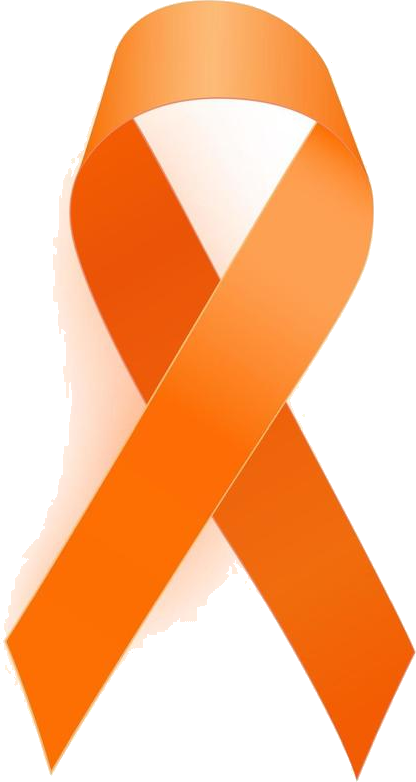The Master’s degree Course in Medicine and Surgery “High Technology” is the first course of this kind
activated in Italy by Sapienza University of Rome, in the academic year 2020-2021. The Master’s Degree
Course provides "biomedical-psychosocial-technological" training. The course was conceived thanks to the
collaboration between several Faculties: Medicine and Dentistry, Pharmacy and Medicine, Medicine and
Psychology, Civil and Industrial Engineering, Information engineering, Informatics and Statistics. Its goal is
to train doctors who also possess technical and engineering skills. The degree program identifies a profile of
a doctor who owns the following skills:
a multidisciplinary, inter-branch and integrated competence of most common health and disease
problems, with a particular focus and knowledge of engineering technology, that allows to interact
in a targeted way with the engineers of the degree course in the design of modern bio-medical
technologies;
training oriented to disease prevention, rehabilitation and health promotion in the community and
in the territory, with particular attention to the principles of "precision medicine". The training also
includes acquisition of a humanistic culture in its implications of medical interest and a deeper
knowledge of the development technologies underlying it;
a thorough knowledge of new health and care needs, focused especially on the centrality of
patient, considered in its totality and inserted in a specific social, cultural and economic context. To
this, is added the ability to design innovative devices aimed at improving new health and care
needs.
The academic curriculum includes 360 university credits organized in 12 semesters and in 36 courses
distributed over six years of course and at least 60 university credits are dedicated to professional activities.
While ensuring the training of an experienced doctor, the course is broadly diversified compared to other
existing courses because it includes practical and conceptual understanding of the high engineering
technologies applied to medicine. The course is characterized by the presence of a well-structured
multidisciplinary, interdisciplinary and transdisciplinary integration of basic and clinical sciences with the
engineering sciences. In summary, the typical sciences of medicine are supplemented by solid notions of:
physics, physics applied to medicine, calculus and linear algebra, analytic geometry, applied statistics,
principles of optimization, foundations of computer science, electronic and circuit theory, bio-electro-
magnetic interaction and compatibility, biomechanics of tissues, neuroscience and bioinformatics. These
are useful for understanding the technological principles underlying bio-engineering applications in
medicine. Knowledge of the disease processes and the mechanisms that cause them, including prevention,
diagnosis and treatment, clinical medical practice and its methodological foundations remain fundamental.
Moreover, the humanities remain irreplaceable to enable the achievement of the awareness of being a
doctor and the profound values of his professionalism, in relation to the centrality of the patient and the
need to treat "with" the patient, in its psycho-social context and for the conscious and shared use of
technology for the benefit of the patient himself. To the acquisition of scientific, medical, clinical and
professional methodologies aimed at the health problems of the individual and the community are added
the skills on engineering methodologies and technologies, bearing in mind their applicability to population
and gender differences. The themes of translational and precision medicine, of genomics, of
bioengineering, of bioinformatics and bioelectronics, of network medicine, of big data analytics, medical
robotics and machine learning are been enhanced. In addition, students have access to optional exams
groups that allow to deepen the knowledge of clinical and biomedical engineering topics and that help
deepen the topics. These optional exams are also recognizable to acquire a further Degree in Clinical
Engineering.

